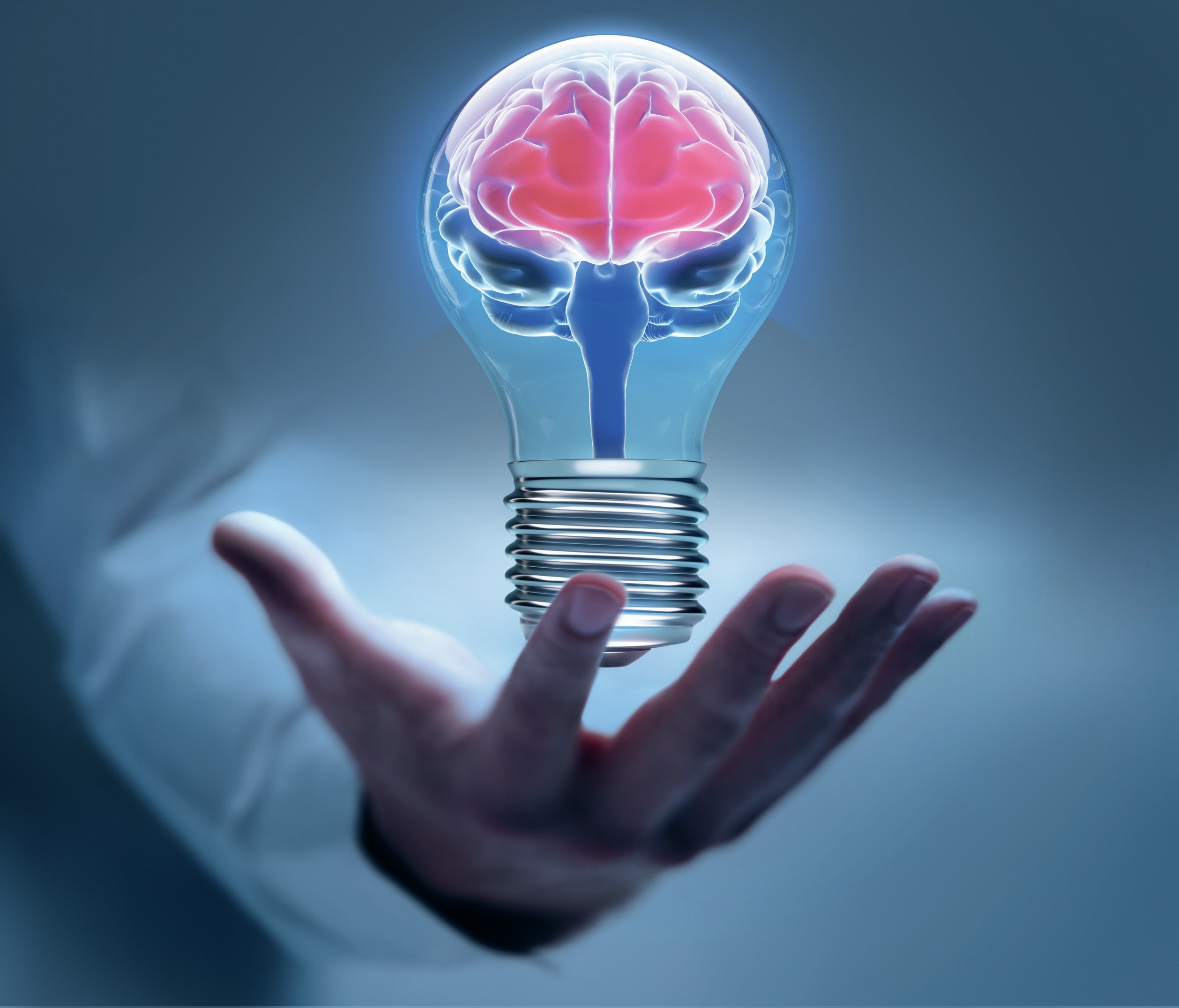
Go to www.hoddereducation.co.uk/psychologyreviewextras for a presentation to help your understanding of brain organoids research and the ethical questions it raises.
For over a decade, scientists have been engineering human organs from stem cells, a type of cell that acts as a cellular building block. Stem cells have remarkable abilities to self-renew and to differentiate, or develop, into more specialised cells. From stem cells, scientists can now create simplified and miniaturised in vitro 3D structures called ‘organoids’, and they can be made to model a variety of organs, including kidney, stomach, liver — and the brain. The organoid will take on features of the organ, developing and functioning in a similar way but on a smaller scale.
Your organisation does not have access to this article.
Sign up today to give your students the edge they need to achieve their best grades with subject expertise
Subscribe



